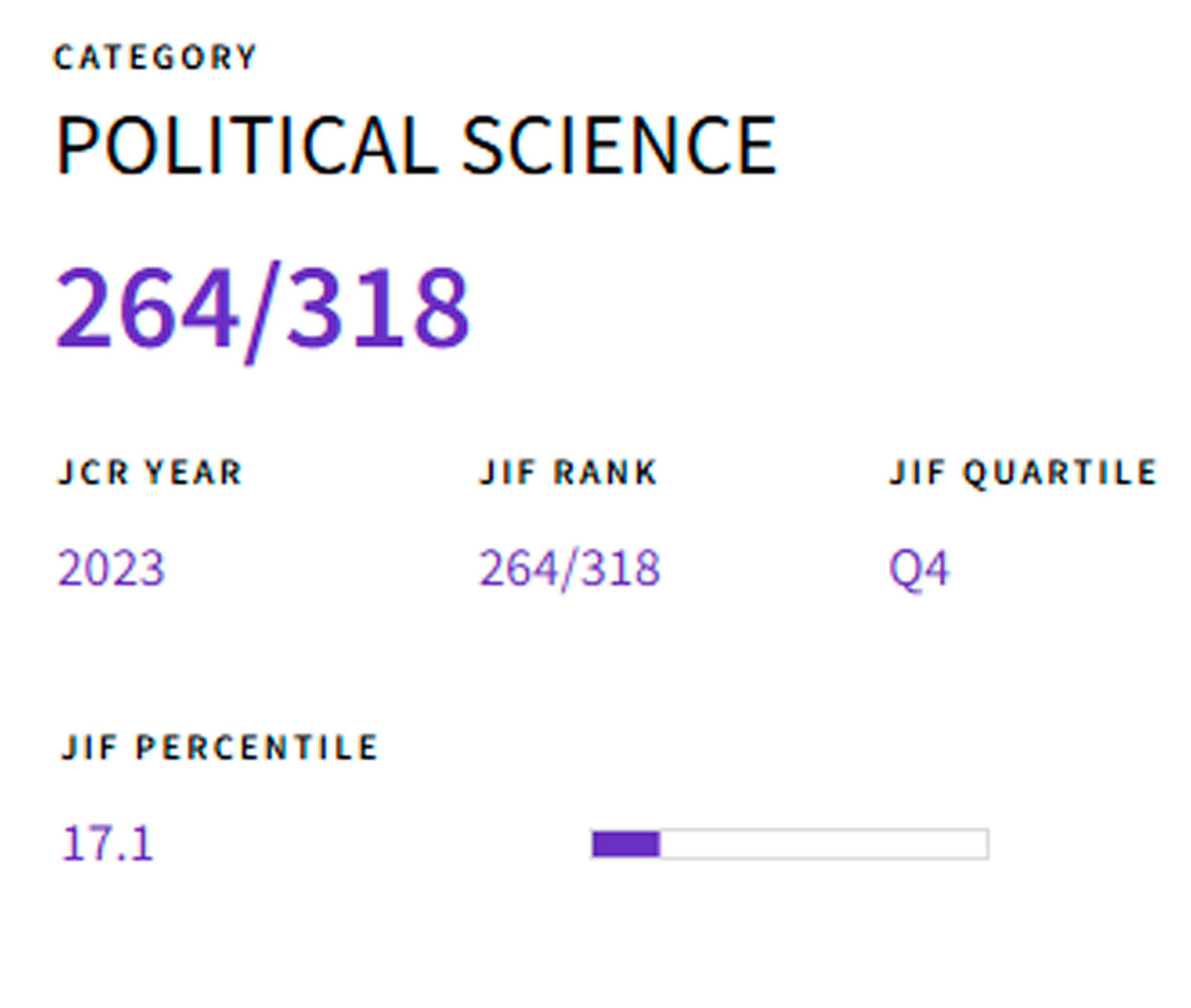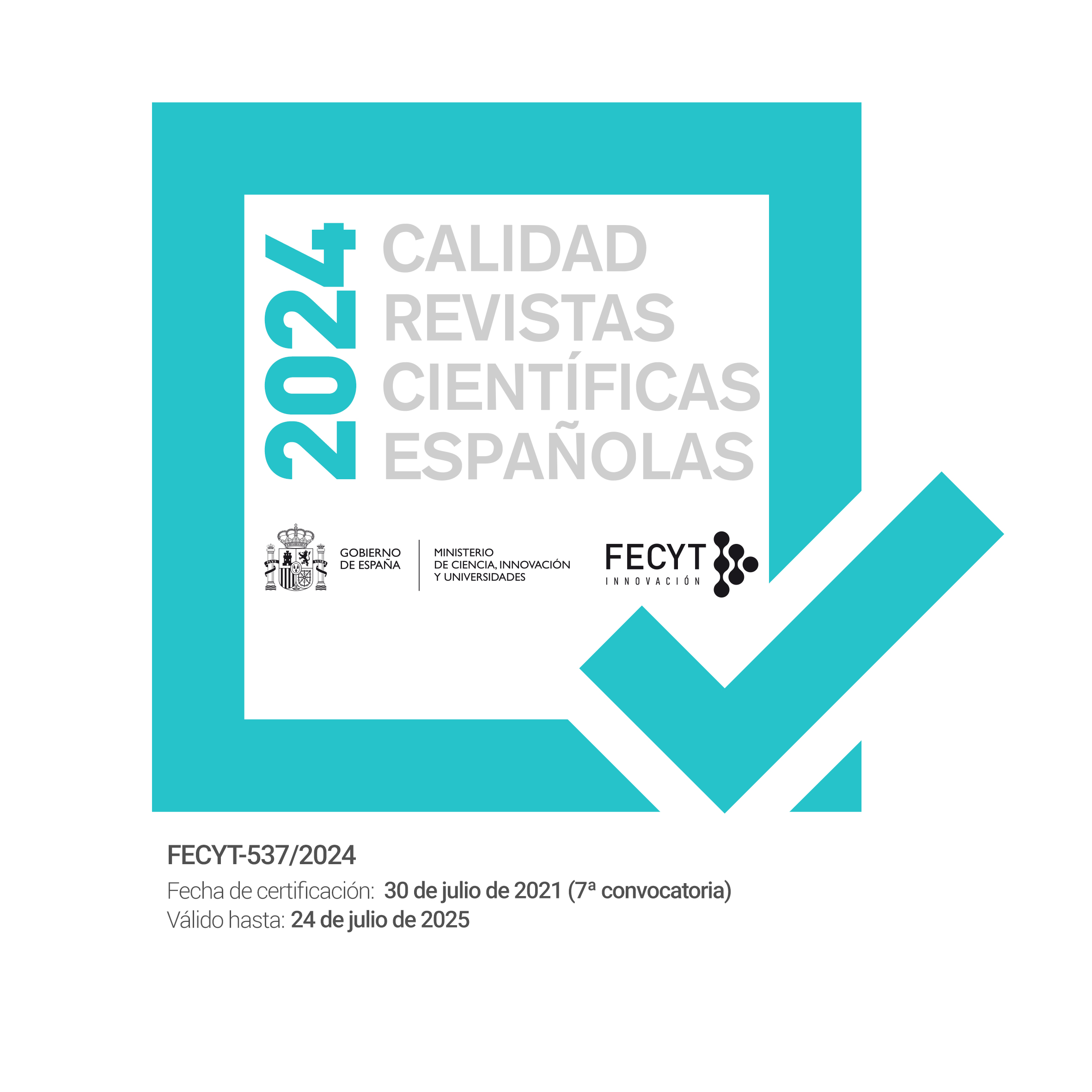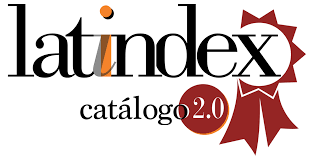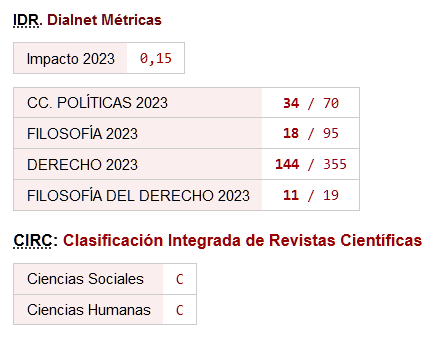Ethical agreement
This Journal follows the guidelines set by EASE (European Association of Science Editors) and COPE (Committee on Publications Ethics) that state a series of good practises for management, edition, review and publishing of the results of scientific research in journals of different areas of knowledge. In this sense:
Regarding authors. Authors must agree to sending original and unpublished works, this is, not previously published or being reviewed for publishing in other scientific journals. They will deliver a work signed with their identities and another that omits said identities and any other detail that can make reviewers learn who is the author of the work. They will accept the guidelines regarding the submission of original works for authors of the journal, as they are stated in the journal’s website and in every issue of the journal, as well as those for the process of reviewing, revision and publishing.
Regarding reviewers. Reviewers must agree to carry out a serious and responsible examination of the works, fulfilling every point in their expert reports, to be arbitered by the journal’s Board, avoiding any conflicting interests.
Regarding the Editorial Board. The Board of Redaction agrees to select reviewers competent in the subject that is being evaluated, and to respect the confidentiality of the submitted works, their authors and other reviewers, so that anonymity is guaranteed throughout the whole reviewing process. They will also avoid reviewing, editing and publishing beyond the period established by the journal’s guidelines.
Corrections and withdrawal
The Editorial Board will run any proposal through one or more plagiarism detection machines and consult the results with the authors before taking appropriate action.
Should any data or information published in the journal prove to be false, erroneous, misleading or fraudulent, the Editors undertake to inform the authors of such circumstances and to await a response from the authors before making an editorial decision. If they are not satisfied with the response, or if there is no response, the Editors may, with the approval of the Editorial Board, decide to retract the publication.
The Journal will address any claims and complaints about the contents published through the journal's Contact. The editors undertake to follow up and proceed to the revision and, if necessary, retraction if these are necessary.
When a retraction or correction of what has been published in the journal is required, the editors shall be guided by the principles contained in the Guidelines for Retracting Articles of the Committee on Publication Ethics (COPE).
Artificial Intelligence Usage Policy in RIPP
The editorial team of the RIPP journal establishes the following guidelines for the use of Artificial Intelligence (AI) in scientific research, applicable to both authors and members of the editorial committee. These policies aim to ensure transparency, ethical integrity, and the quality of scientific publications.
- Authorship Conditions: AI resources cannot be included as authors or co-authors in any RIPP publication. Authorship implies ethical and intellectual responsibility, attributes that cannot be assumed by an automated system. Human authors must be the sole individuals responsible for the scientific content.
- AI Usage Declaration: The use of AI tools that have significantly contributed to the development of the work (such as information systematisation, algorithm development, or data processing) must be clearly specified in the section: "DECLARATION OF ARTIFICIAL INTELLIGENCE USAGE". Authors must describe the type of software used and its purpose. Omission of this acknowledgment will be considered a lack of transparency and may lead to the rejection of the scientific article.
- AI Usage for Stylistic Review: It is not required to declare the use of AI tools when they are employed solely for typographical correction, writing enhancement, or ensuring the stylistic coherence of scientific manuscripts. These applications are permitted as long as they are not used for generating new content or reformulating the text. Authors are responsible for ensuring that the final version of the manuscript is original and of human authorship.
- Text Correction and Improvement: It is not necessary to declare the use of AI when these tools are used exclusively for typographical correction, writing enhancement, or ensuring the stylistic coherence of manuscripts. AI may be used to optimise readability and eliminate errors, but it is prohibited for creating autonomous content. Authors will be responsible for guaranteeing that the final version of the manuscript is original and human-authored.
- AI Usage by Reviewers: The use of AI by RIPP reviewers during the evaluation of scientific articles is prohibited. Academic review must be based on the critical judgement and expertise of the reviewer, without the mediation of automated tools that could affect the impartiality and confidentiality of the review process.
These guidelines promote the ethical use of AI in academic research and aim to preserve the authenticity and originality of RIPP publications.











 ISSN: 1885-589X
ISSN: 1885-589X  Universidad Pablo de Olavide
Universidad Pablo de Olavide